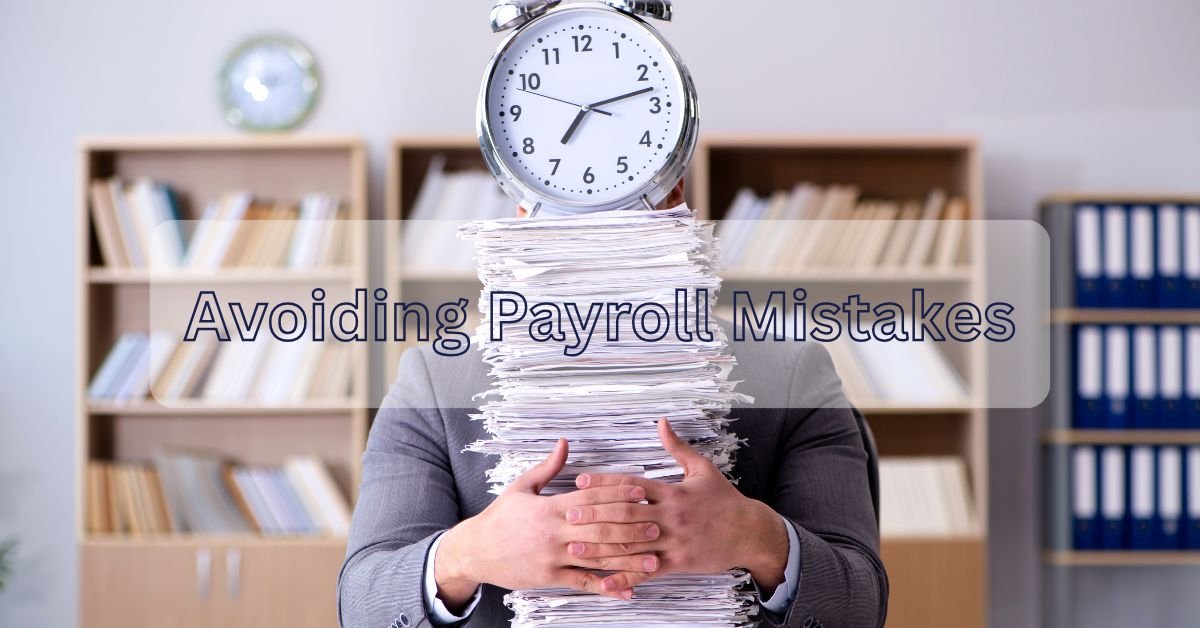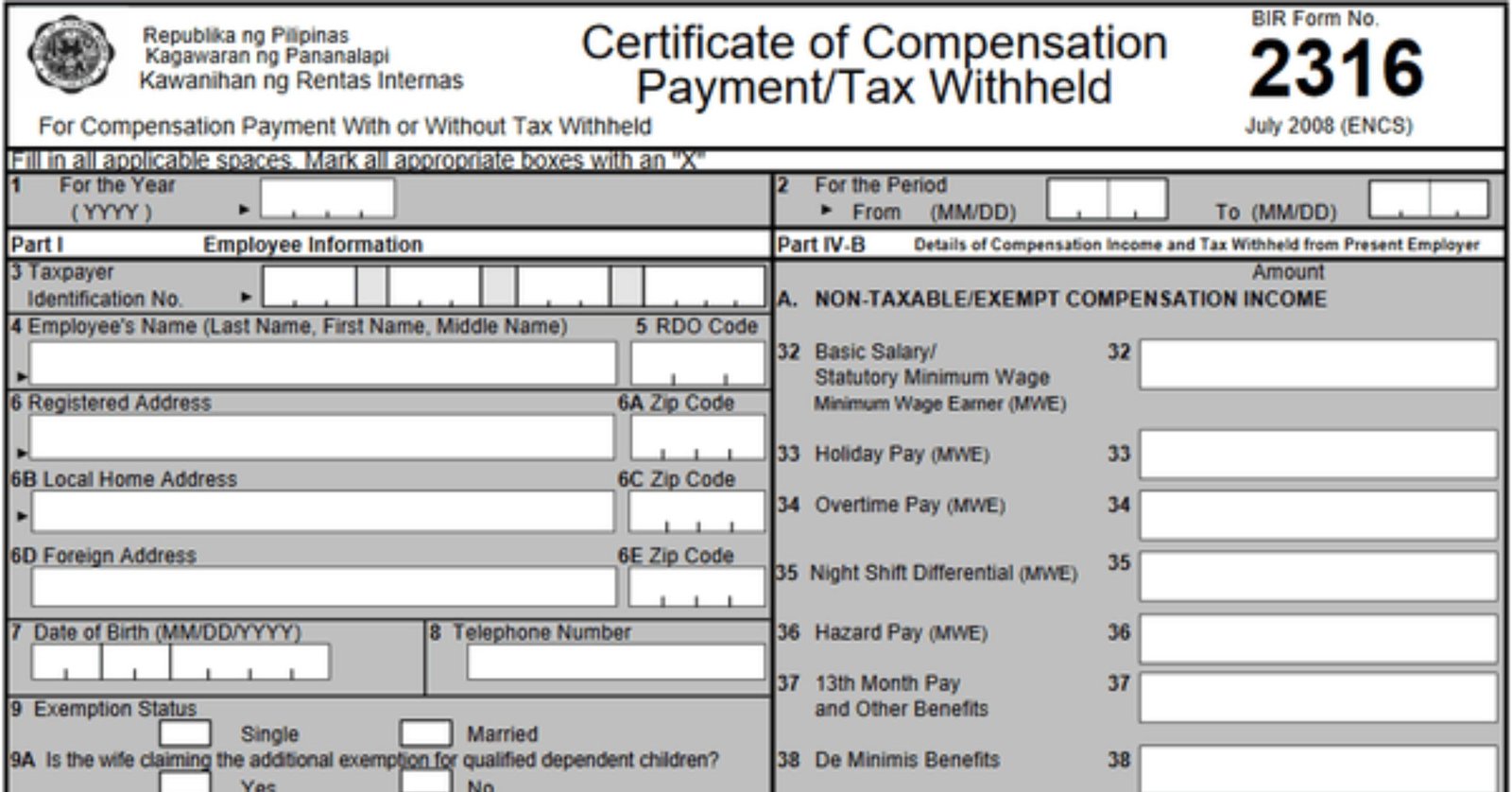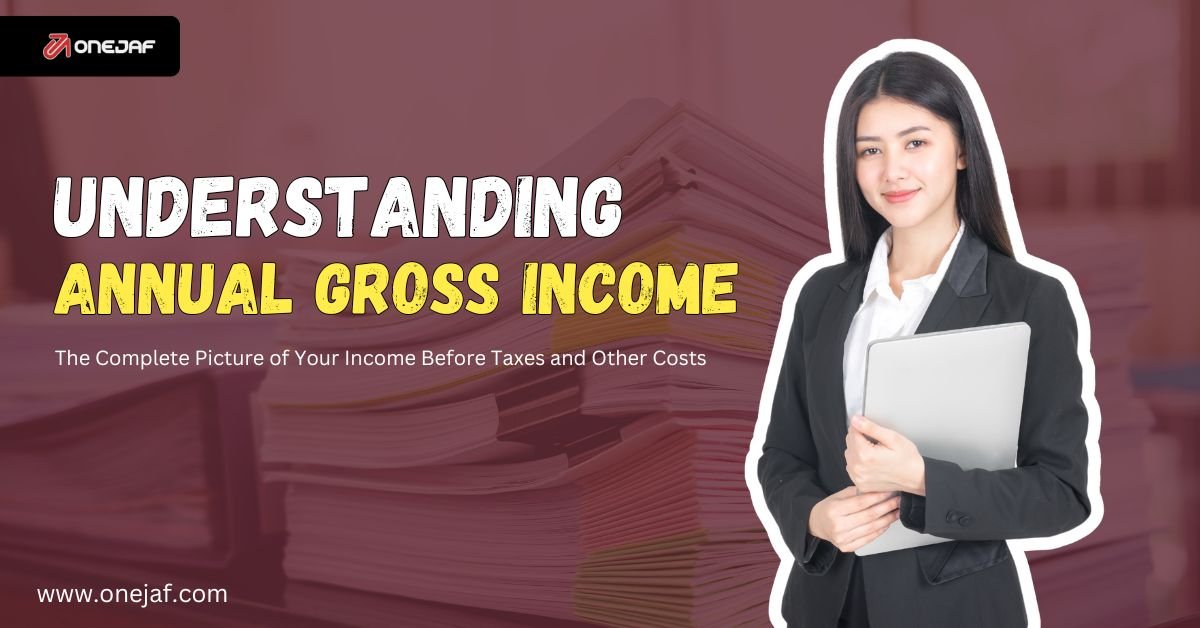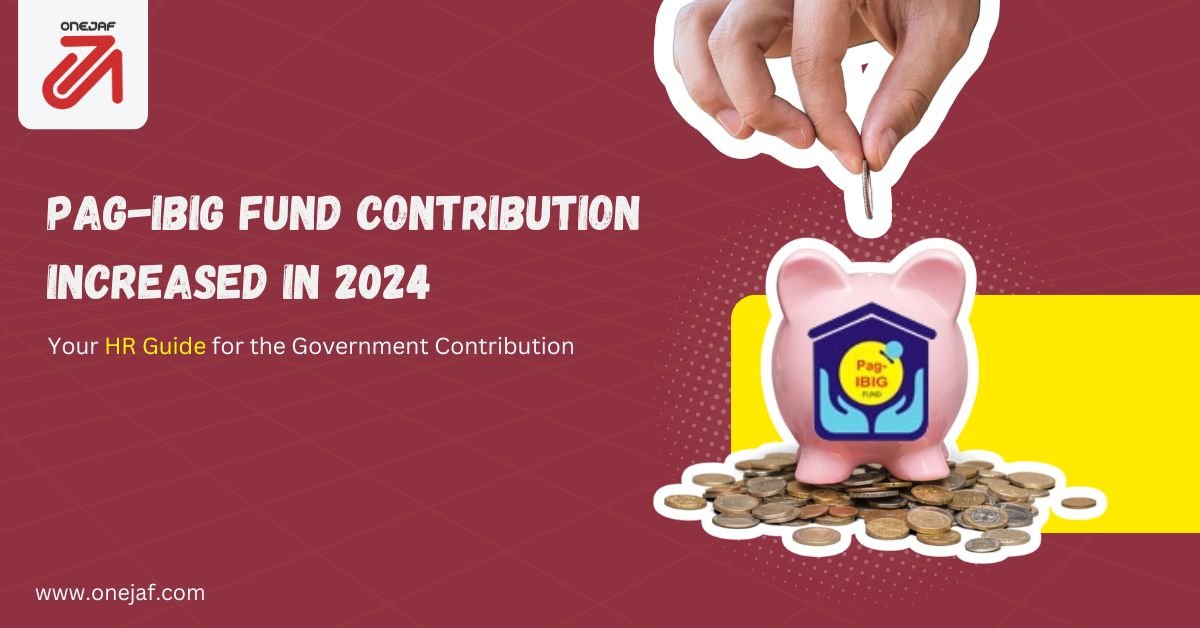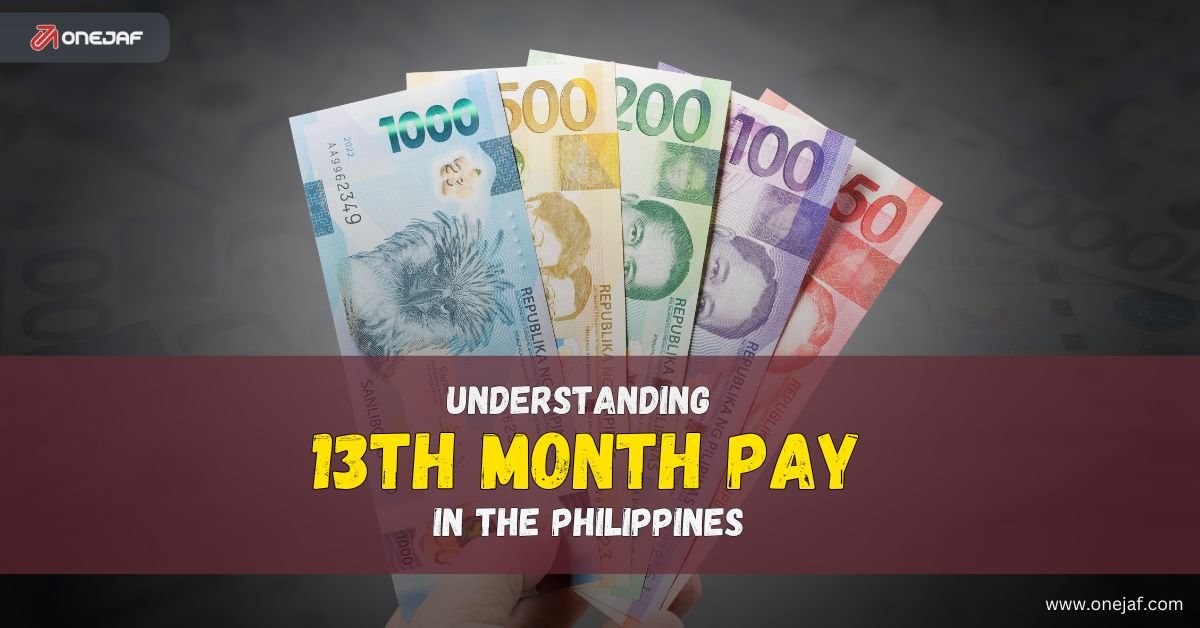Planning a Special Working Holiday can seem like a complex process. HR professionals often find themselves grappling with questions about holiday entitlements, payroll adjustments, and employee benefits. But did you know that a Special Working Holiday can be a great opportunity for both employers and employees to strike a balance between work and personal time? This article explains what it is, how it works, and the benefits it brings to the workplace.
What is a Special Working Holiday?
A Special Working Holiday in the Philippines is a unique type of holiday that allows employees to work, but with a specific set of pay rules. Unlike regular holidays, where employees are typically entitled to a full day off with compensation, a special working holiday offers flexibility for employees who still choose to work. For HR professionals, understanding how these holidays are handled is essential to ensure compliance with labor laws and to manage employee expectations.
How is a Special Working Holiday Different from Regular Holidays?
The key difference lies in the compensation structure. On a Special Working Holiday, employees who work are entitled to at least 130% of their daily wage. This is different from a regular holiday, where employees are usually entitled to 200% pay if they work. It’s important to note that employees who don’t work on a special holiday aren’t entitled to pay.
Legal Requirements and Compliance for Employers
Employers must adhere to the law when it comes to special working holidays. The Department of Labor and Employment (DOLE) sets out clear guidelines on how to handle these holidays. For example, HR departments must be ready to adjust pay and benefits according to the holiday’s classification. This includes ensuring proper documentation for employees who choose to work and guaranteeing that workers who are absent on a special working holiday are not unfairly penalized.
Why Is a Special Working Holiday Beneficial?
Special working holidays provide several advantages to businesses and employees. For companies, it ensures that operations continue smoothly while offering flexibility in scheduling. Employees benefit from a day off or the option to work for additional pay. It can be a win-win situation, especially in industries that require continuous service.
How to Manage a Special Working Holiday Effectively
For HR departments, it’s crucial to communicate clearly about how special working holidays will affect employee schedules, pay, and other benefits. This helps manage expectations and reduces confusion. Additionally, updating the employee handbook to reflect current holiday practices is essential to keep everyone on the same page.
Key Takeaways
A Special Working Holiday is a unique and important concept in the Philippines labor laws that benefits both employers and employees. It allows flexibility and ensures that businesses can continue to function without disrupting work-life balance. By understanding its rules, HR professionals can ensure compliance and smooth operations during these special days.
FAQ
How does pay differ between special working holidays and regular holidays?
On regular holidays, employees who work are entitled to 200% pay, while on special working holidays, they are entitled to 130% pay.
Can an employee refuse to work on a special working holiday?
Yes, employees can choose not to work on a special holiday. However, they will not receive any compensation if they do not work.
Do employers have to pay employees who don’t work on special working holidays?
No, employees who do not work on a special working holiday are not entitled to compensation.
How do I ensure compliance with labor laws regarding special working holidays?
HR departments should regularly review DOLE guidelines and adjust company policies accordingly. It’s also important to communicate clearly with employees.



